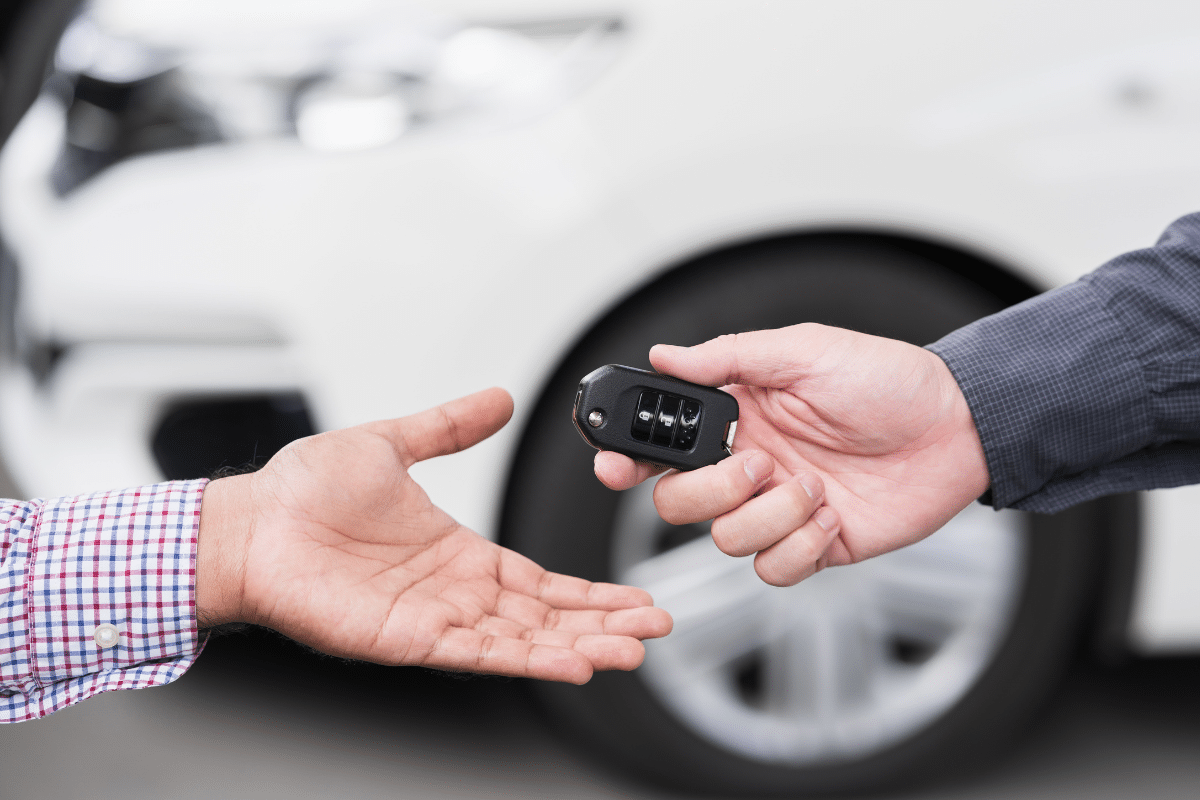Why should you consider buying a used car?
Even if you can afford a new car, buying a used car can be a smart alternative. Of course, used cars are generally less expensive than new cars. Depending on the age and condition of the car, you can save thousands of dollars by buying a used car rather than a new car.
Used cars also tend to depreciate less rapidly than new cars. New cars generally suffer most of their five-year depreciation within the first two years, so if you buy a car that’s at least two years old, someone else has paid for the biggest chunk of depreciation.
Used cars are generally far less expensive to insure than similar new cars. Also, today’s used cars tend to be much more reliable overall than used cars of the past. Many carmakers have taken great strides to improve quality and reliability in recent years, thus extending the life of many cars.
Are there disadvantages to buying a used car?
Some newer used cars may still be covered by the original manufacturer’s warranty, or the dealer may offer some type of warranty. In general, you will have no guarantee of the mechanical condition of a used car. No matter how good a car looks, it’s what’s under the hood that counts. Before you buy a used car, have it checked out by a reputable mechanic. You’ll have to pay a mechanic for this type of service, but you could save hundreds or even thousands of dollars in future repair bills.
Other things to consider when you buy a used car:
- The most trouble-free portion of that car’s life is usually past
- Your choice of models and options is much more limited than if you were buying a new car
Where should you shop for a used car?
You have several options when shopping for a used car. Among them are new car dealers, used car specialists and superstores, private individuals, and car rental companies.
New car dealers
Many new car dealers also sell used vehicles. These are typically the cars taken as trade-ins, as well as leased vehicles that are returned at the end of the lease. Because leased cars must be kept in good condition and mileage limits are imposed, previously leased vehicles are generally well maintained and have low mileage. When you buy a used car from a new car dealer, prices tend to be higher than those of used car specialists or private sellers. However, because new car dealers have reputations to uphold, you’re more likely to get a quality car. You’re also more likely to get a warranty when you buy from a new car dealer.
Used car dealers
If you buy from a used car dealer, you will probably get a low price, but you also take more chances with quality. Unlike new car dealers, most used car dealers don’t have high-tech repair facilities, so only cosmetic repairs can be made before the car is sold. In addition, warranties are rare when you buy from used car dealers unless the car is still covered under the manufacturer’s warranty.
Used car superstores
Used car superstores feature huge selections, spacious showrooms, and no-haggle pricing. Generally, you’ll look through a catalog or computerized inventory of the cars available, and then a salesperson will drive you to the section of the lot where the cars you want to see are located.
Private individuals
You can probably get the best price on a used car by buying from a private individual, since you don’t have to cover dealer overhead costs. However, you also take some chances when you buy this way. Unless the owner has kept meticulous records, you have no guarantee the car has been well maintained. Also, there’s really no chance of getting a warranty on the car, unless it’s still covered by the manufacturer’s warranty.
Car rental companies
Another relatively stress-free option is to buy from one of the major car rental companies. These companies generally sell off their rental fleets every few months. Prices on these cars are usually not negotiable, but are generally well below retail. The rental company will also have complete maintenance records for each vehicle.
How do you know if you’re getting a fair price?
You have to do your homework before you buy a used car. Several sources offer used car pricing guides, which can help you determine a fair price for the used car you’re considering. One of the most common is the National Automobile Dealers Association (NADA) Official Used Car Guide. Your goal should be to pay no more than a few hundred dollars over the guide’s listed trade-in price. However, you may have to go higher than this for popular models or particularly well-maintained cars. Another source of information is the Consumer Reports Used Car Price Report. You can get up-to-date information on the selling price of various used cars in your part of the country.

